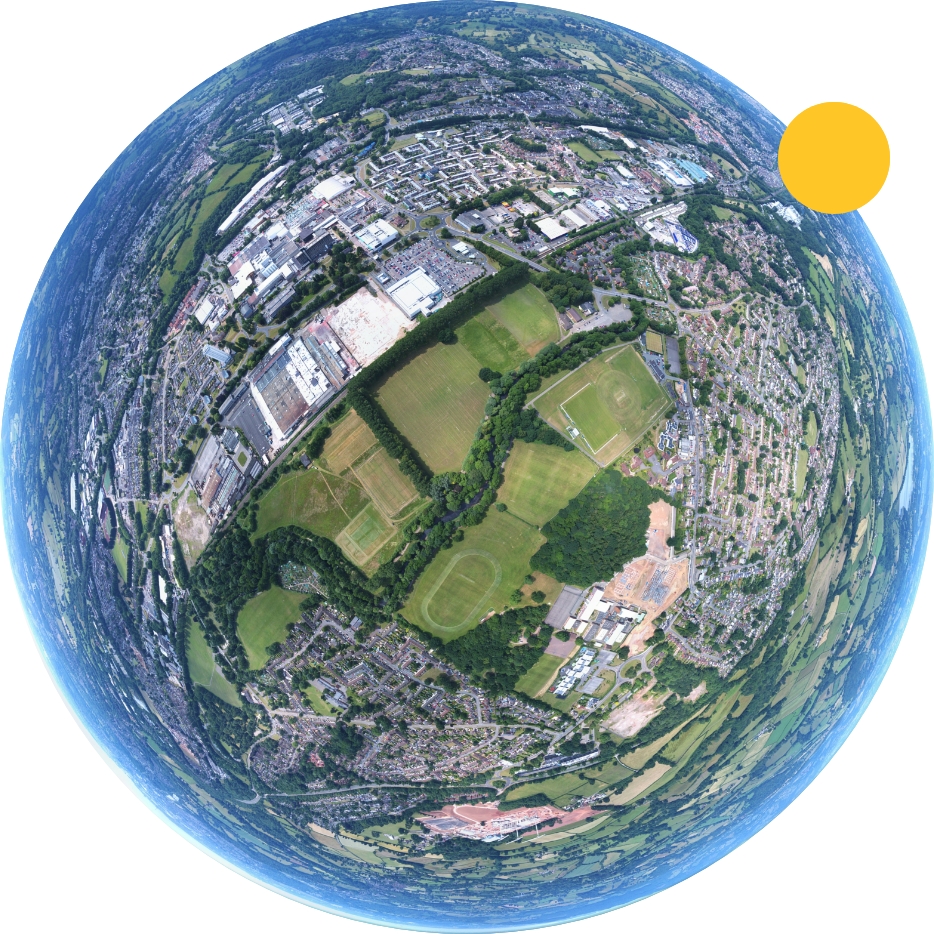The UREx Sustainability Research Network focused on integrating social, ecological and technical systems to devise, analyze and support urban infrastructure decisions in the face of climatic uncertainty.
UREx was a comprehensive network that worked to build the scientific basis to support existing and emerging city initiatives, and to incorporate fundamental and practical strategies that would promote urban resilience from a social-ecological-technical/infrastructural system dimensions and sustainability approach. This work was conducted through the following:
- Assembling technical knowledge about infrastructure, climate, hydrology, demography and institutions.
- Quantifying interactions and feedbacks in social-ecological-technical/infrastructural system dimensions models from diverse sources of information.
- Understanding organizations that build and manage infrastructure and their contexts.
- Considering social norms that shape acceptability of infrastructure.
- Capturing values and visions of various stakeholders for a more desirable future.
.
Contact
If you have any questions about the program, please contact the ASU Global Institute of Sustainability and Innovation.

Shaping a thriving future
UREx Sustainability has ceased operations, but other units of the Julie Ann Wrigley Global Futures Laboratory are continuing work that contributes to a healthy planet. Learn how the Global Futures Laboratory works and what we’re focusing on right now on our website.
